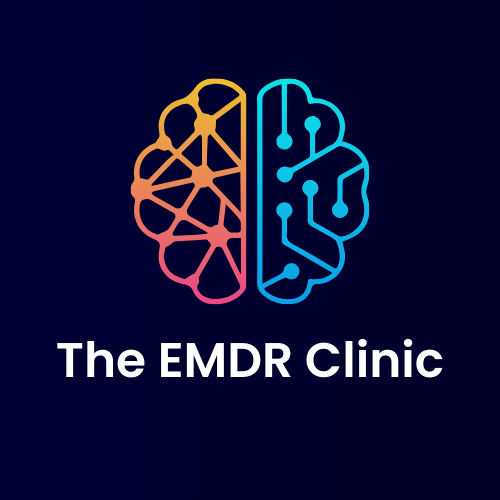What to expect in sessions
What happens in the first session(s)?
This will be the first time we meet and so I’ll spend the first 5 minutes explaining the boundaries of our work together - that is, confidentiality, cancellations, payments, GDPR. After this, I’ll ask you a series of questions in order to begin building a picture of what our work might entail. There is no right or wrong answers, it isn’t a test. Yet this session, or sessions, are to determine whether EMDR is appropriate for you and if we decide together that perhaps it isn’t then I’ll work with you to form a plan of support. There can be numerous reasons to postpone EMDR therapy - including ensuring I’m working within my own competencies so you get the best possible service.
After this session, and all sessions, you may find memories or dreams are recalled which is all part of the process. And in some cases, no noticeable differences are in awareness. That’s OK. Yet it is important to consider how you might take care of yourself after the sessions (such as driving considerations, returning to work, avoiding drinking or other substance use). But we’ll come up with a plan of care in the following sessions.
What happens in EMDR sessions?
EMDR Therapy is formed of 8 stages - yet the process isn’t linear and several phases may happen at the same time (excluding phases 4-8).
Not all of these phases happen within a single session and sometimes phases will be repeated. It’s important to note that my descriptors below are an outline of what to expect yet isn’t language I’d use within session.
Phase 1: History taking & treatment planning
This is the first or second sessions focus, yet is an ongoing process throughout the entirety of the EMDR work. It's important to build a clear picture of your life history, key events and begin to identify your therapy goals (or targets) which is what we'll do in this 90 minute session, before deciding suitability for EMDR
Phase 2: Preparation
This phase is where we build resources to support you during the processing phases.
Phase 3: Assessment
Identifying the targets/focus for the work we undertake together and ensuring we have everything we need in order to begin processing.
Phase 4: Desensitisation
This is the processing stage, whereby we’ll use bi-lateral stimulation which could be eye movements, sound via headphones or ‘pebbles’ which are handheld buzzers. It is within this phase that you’ll start to work with the traumatic memory or negative cognition.
Phase 5: Installation
Whilst fairly clinical in its name, the installation phase is where we offer the mind a positive cognition - that is, what would you prefer to believe or think about yourself NOW.
Phase 6: Body scan
Not the kind you might see on Star Trek, but it’s where we check-in with information that might still be stored in the body. Remember, EMDR encompasses the WHOLE of a person and the body keeps the score so we want it to tell us what the score is.
Phase 7: Closure
Simply a closing down of the session and the work completed
Phase 8: Reevaluation
Whereby I check-in with you at the beginning of the next session to see if you’ve noticed any shifts in dreams, memories, felt senses or behaviours.
How do we ‘do’ the processing/phase 4?
Within our preparation we’ll experiment with which bi-lateral stimulation you prefer. By this I mean we stimulate each side of the body in turn and this can be done using a light bar, headphones playing a tone, handheld buzzers (Pebbles), butterfly hugs (whereby we each cross our arms and pat the upper arm) or I tap on each knee.
Unfortunately I’m unable to offer EMDR where you might follow my fingers due to having bust both my rotator cuffs. Ouch!
EMDR can be done both in-person and online.
When working online we’ll use an EMDR suite called Bi-Lateral Base and information about how it uses and stores any data can be found here.If you’ve any other queries about EMDR then don’t hesitate to get in touch.
Alternatively, I’ve more FAQ’s about therapy with me on my psychotherapy practice website at www.kemptowncounselling.co.uk
If you've any questions about EMDR, or would like to get a feel of what it's like to work with me, then you can book a free initial video or phone consultation (15 minutes)

